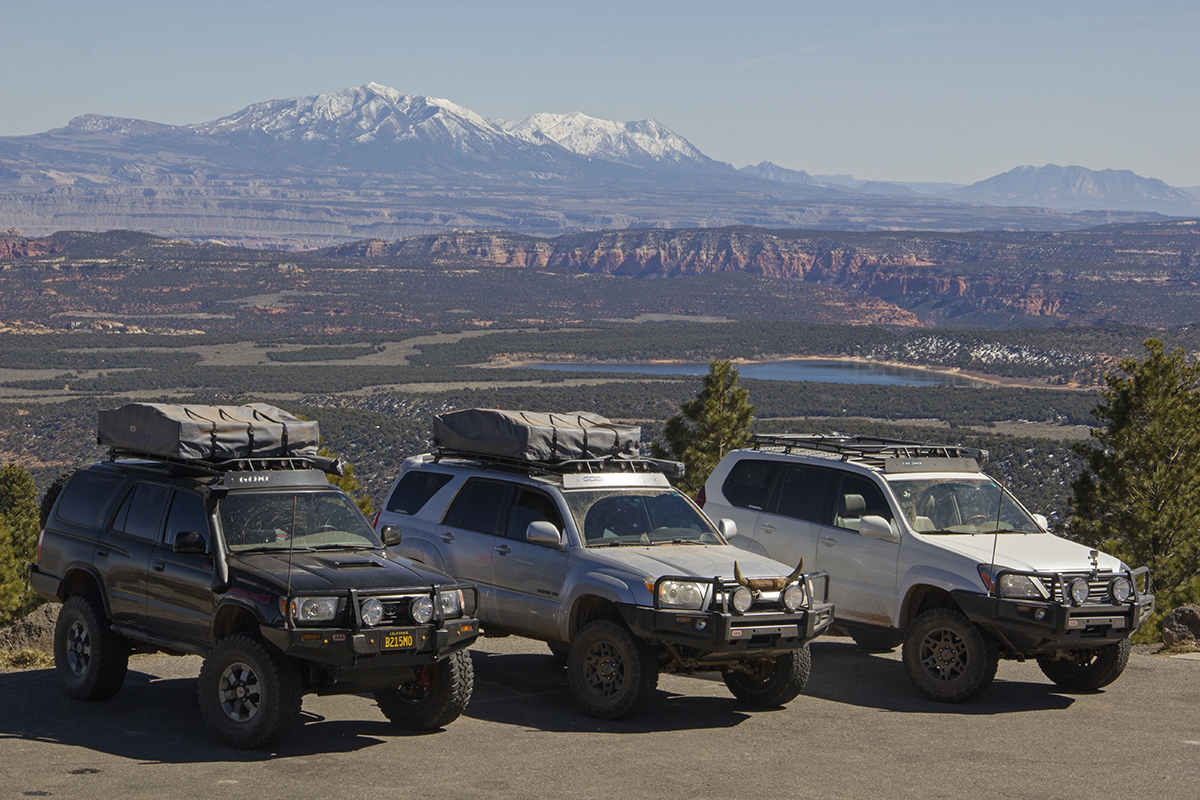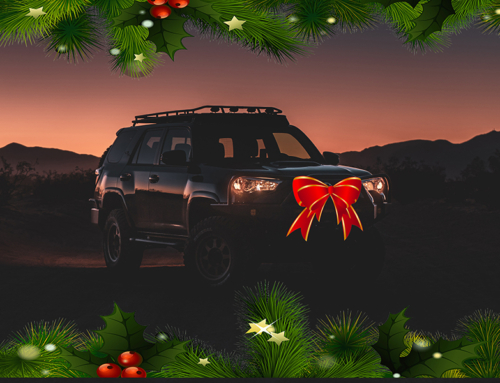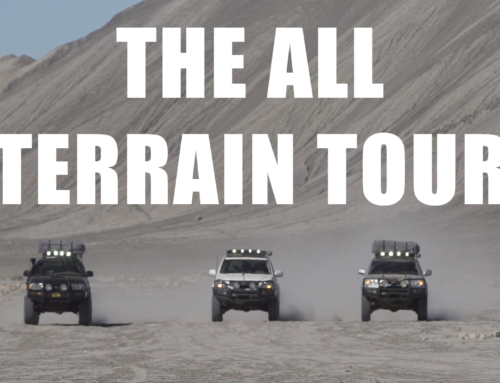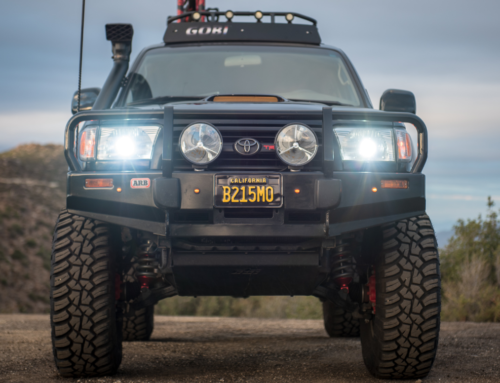The off-road and overland crowd is almost comedically diverse. I’ve had great times on the trail with the staunchest conservatives and the most liberal of liberals. These two groups are usually at each other’s throats online, but on the trail, they’re entwined by a sliver of mutuality. There are very few things which can unite opposites, and the outdoors is one of them. Unfortunately, there is a different reality that governs the lands we enjoy, and the difference of opinion is embedded in a larger, nasty web of other polarizing issues. Such is modern politics.
The land debate is a very touchy and highly politicized topic. Instead of promoting one thought or action over another, our only motive here is to spread awareness. You can find a million pieces online to confirm your views, but it all starts with being informed. Despite the amount of attention this has received, there are many who don’t know these lands are at risk. So regardless of your position, acknowledging there is an issue is the first and most important step.
Much of politics has an annoying tendency to oversimplify important and complex issues into binary. This may make for a fun and convenient read but it’s a disservice to the voting public. The goal is simply to shed further light on the debate; I encourage you to do your own research in forming your opinion and getting involved.
The crux of the issue is the proposal to sell federal lands to the states. This can include, national parks, monuments and forests. Of course, there is mutual distrust in the other’s abilities and movtives.
On one hand, states argue there is a large disparity between the amount of federally-owned land, and the money congress dedicates to properly managing it. Things like controlled burns and wildlife rehabilitation are essential to countering the effects of human interference. It’s a fair debate that deserves respectful thought to all options. 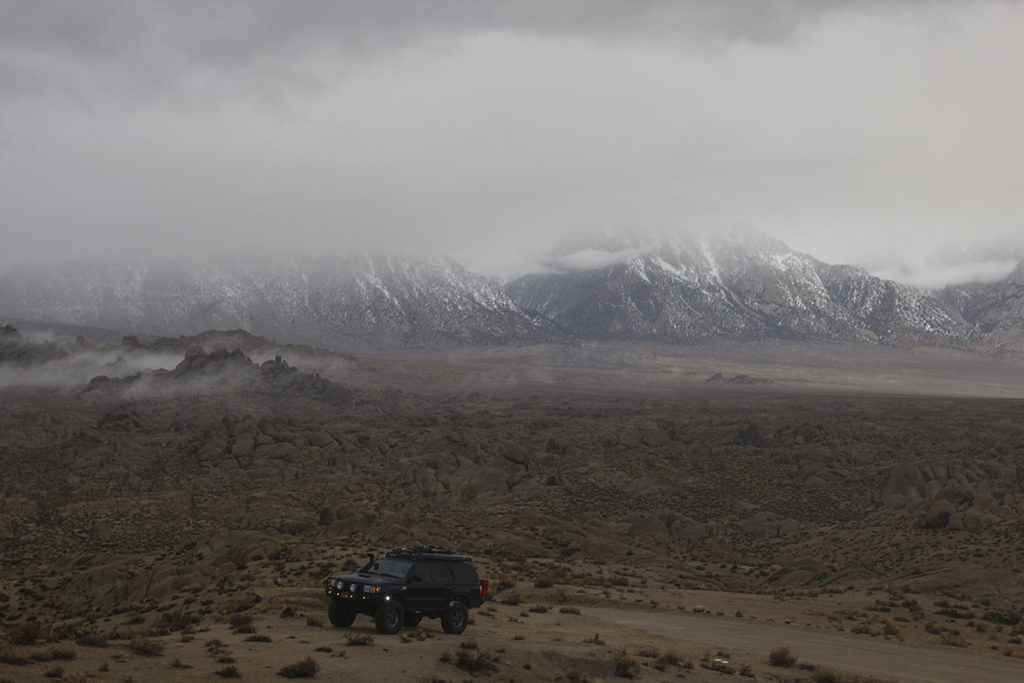
The federal government argues that states would sell sacred lands, such as ecological and cultural sanctuaries, to the highest bidder. There is much discussion and disagreement about the future of lands available for such acquisitions, but the underlying fact is removing them from federal protection makes them open to very real risks.
The outdoor community has united in full force to condemn the states pushing this legislation. In Utah, support from the state government to sell off significant lands spawned a corporate exodus. Outdoor Retailer, a major long-standing outdoor industry trade show held in Utah, has announced it’s looking for a new home, citing a withdrawal of support from vendors and sponsors like Patagonia.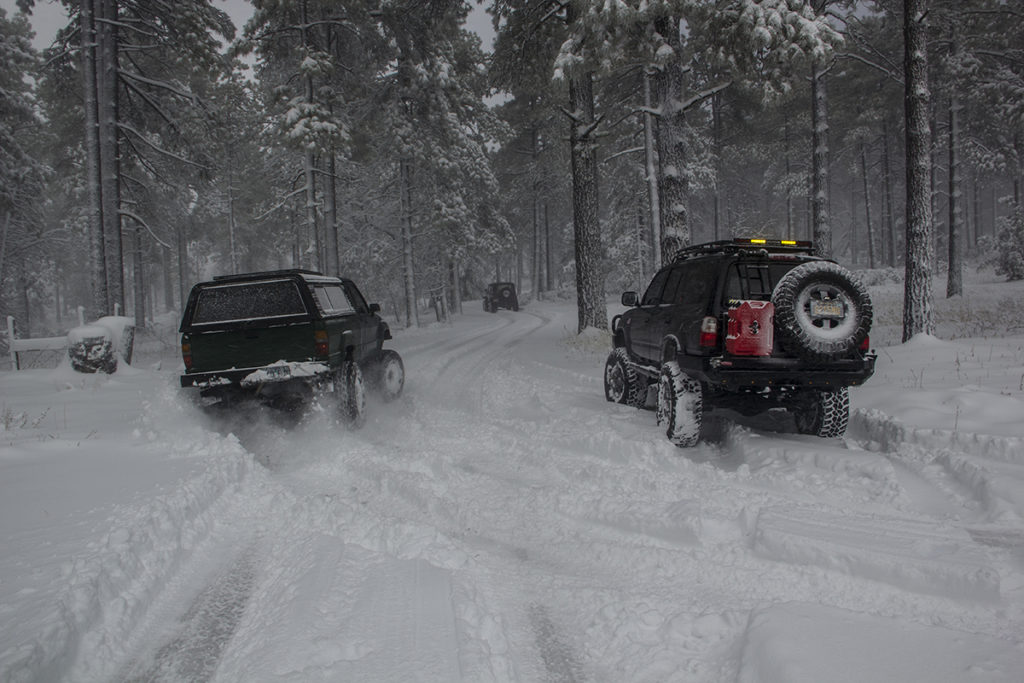
Having worked and spent time with employees of the BLM, NPS, USFS (and, by extension, the DoA), I truly believe they have the land’s best interests at heart. My experiences are mostly contained to the ground forces of these departments, and many of these employees double as archaeologists, geologists, ecologists, etc. I have no doubts in their loyalty to the lands. That said, there are internal politics of bureaucracy within these massive organizations, and it’s possible that sentiment isn’t shared from top to bottom.
There’s the argument that policies and restrictions have drastically increased over the years, but I have a hard time arguing against it. My mentality is somewhere between “tread lightly” and “don’t tread on me”. Policing will always have pushback, but I understand the need to protect these lands from ourselves. Hobbies like off-roading spread far and wide, and you can’t expect every single person to understand, or care about, their impact. 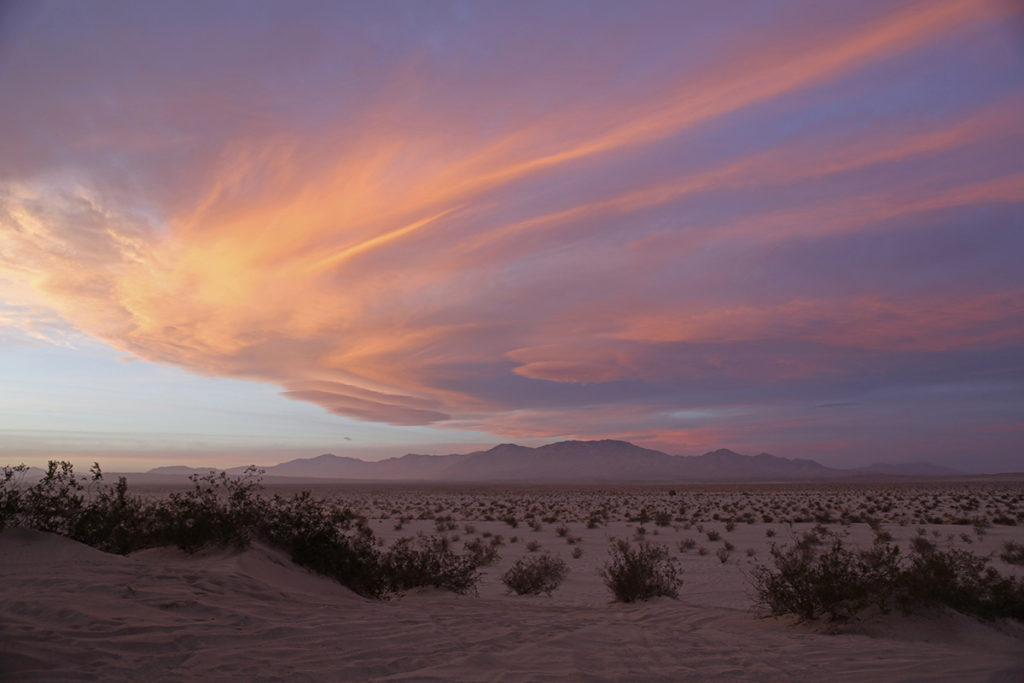
I consider myself experienced and conscious of the impact our hobbies create, but I have no problem with trusting authorities telling me how to minimize my impact on the land.
We need that trust.
When we visited Moab last month, I was caught in a conversation between the local BLM office and one of their third-party compliance monitors. They were actively monitoring a Golden Eagle in the area which is looking for a nesting spot. Depending on where it lands, film permits for that area will either be denied or changed to avoid any disturbance to its habitat.
It’s a prime example why we need these authorities and policies in place. I’m not an ornithologist, and despite my best intentions I would have no idea about that eagle. If we are to enjoy these lands responsibly, it must be a good-faith collaboration between passionate enthusiasts and knowledgeable authorities.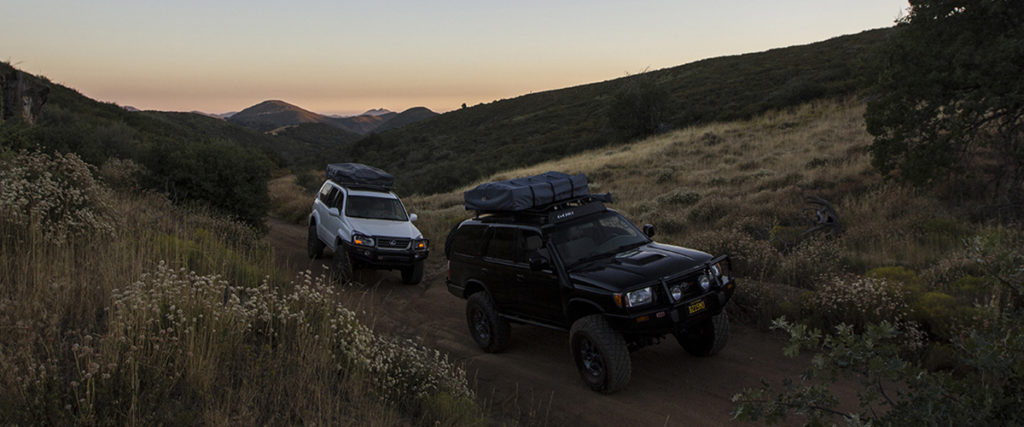
There are valid points on both sides of the argument. We’re not politicians and frankly I don’t understand the full dynamic in these proposals. We’re helping draw attention to a major issue in the community in hopes our friends will research and develop opinions with an open mind. It’s easy to fall in line with popular opinion. This is a mutual challenge for us to be aware, be informed, and be active. After all, this land is your land, this land is my land.


